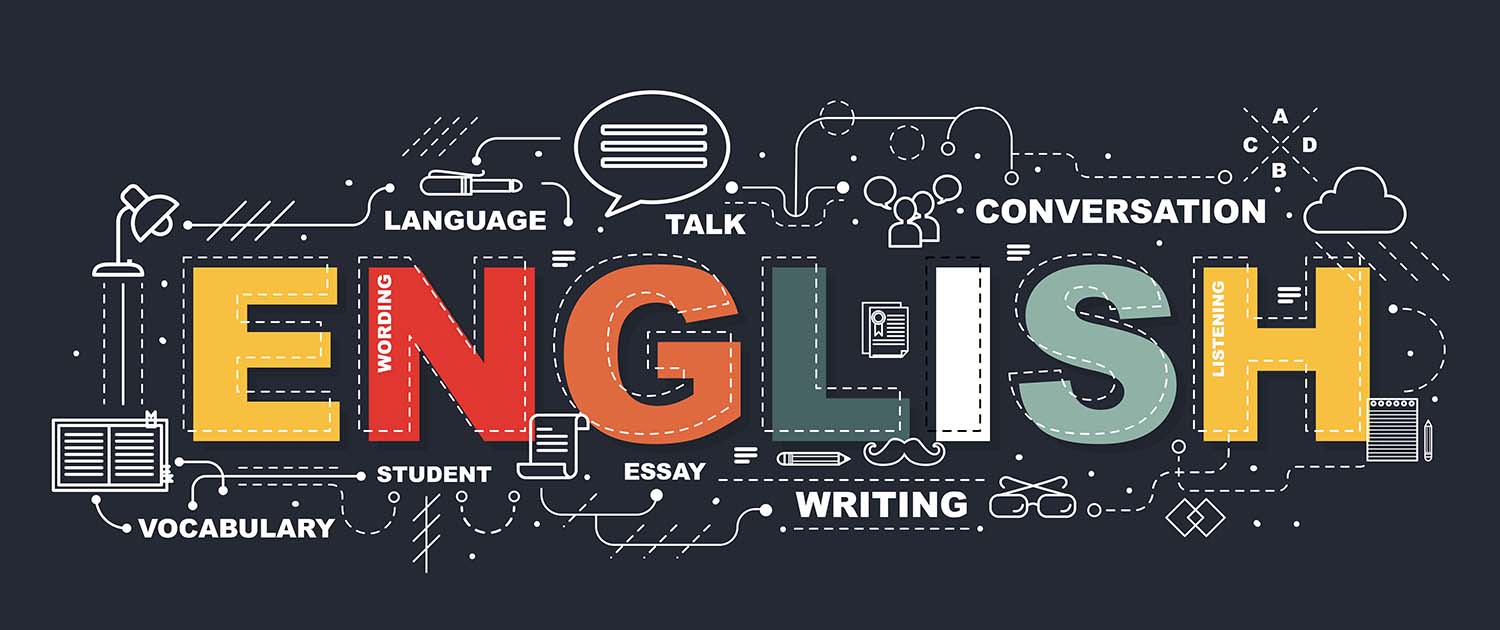مخطط الموضوع
- عام
- Module Description
Module Description
Licence : Information and Communication Sciences
Semestre : 05
Unit title: transversal
Module : English
Credit: 1
Coefficient: 1Teacher: Dr.Amel Fadhloune
Learning objectives
- This module aims to equip students with the necessary skills to effectively engage with foreign references in reading, summarizing, and utilizing them within specialized texts. By the end of the module, students will have developed the ability to critically analyze and incorporate foreign sources, drawing key insights and presenting them accurately in their own academic work. The focus will be on enhancing their ability to navigate complex texts, extract relevant information, and integrate these references seamlessly into their writing and discussions, ultimately improving their capacity for scholarly communication in an international context.
- Lesson N 01: Understanding Communication in Media
Lesson N 01: Understanding Communication in Media

Lesson Objective:
1. Understand communication concepts and terminology used in the media field.
2. Enhance their media-related vocabulary.
3. Practice reading comprehension and translation skills.
- Lesson N 02 : What is media literacy and why does it matter?
Lesson N 02 : What is media literacy and why does it matter?
1. Define media literacy and understand its importance.
2. Identify different forms of media.
3. Distinguish between media messages and media effects.
4. Develop basic media literacy skills through critical thinking activities.
- Lesson N 03 : What is New Media?
Lesson N 03 : What is New Media?
Lesson Objectives
1. Define and Differentiate New Media: throughout this lesson Students will be able to understand what new media is and how it differs from traditional media.
2. Identify and Describe Forms of New Media: they will also recognize key examples of new media and understand its evolving nature with technological advancements.
- Lesson N 04 : Careers in New Media
Lesson N 04 : Careers in New Media
Lesson objectives
1. Explore Career Paths and Relevant Skills: Students will examine common new media career roles and the essential skills required in the industry.
2. Apply and Understand Key Vocabulary: Students will accurately use specialized vocabulary related to new media in discussions and written activities.
- Lesson N 05:How Social Media Has Changed How We Communicate
- Lesson N 06: What is False Information (Fake News)?
Lesson N 06: What is False Information (Fake News)?
Objective of the Lesson
- Understand the difference between "false information" and "fake news."
- Identify different types of false information and their characteristics.
- Analyze the factors contributing to the rise of false information.
- Enhance their media literacy by critically evaluating online content.
- Lesson N 07: Recognizing persuasive language
Lesson N 07: Recognizing persuasive language
Lesson Objectives:
1. Understand the role of persuasive language in media and its impact on audiences.
2. Identify and analyze common persuasive techniques, such as storytelling, presenting evidence, attacks, flattery, and inclusive language.
3. Develop critical thinking skills to evaluate media messages beyond their rhetorical appeal.
4. Expand vocabulary with media-related terms and use them accurately in context.
- Lesson N 08: Infodemic
Lesson N 08: Infodemic
Objective for the Lesson :
1. Understand the concept of "infodemic" and its impact on health during emergencies.
2. Identify key vocabulary related to infodemic management.
- Lesson N 09: Social Media Advocacy Success
Lesson N 09: Social Media Advocacy Success
Lesson Objectives:
1. Understand the evolution of social media and its impact on advocacy.
2. Analyze successful case studies of social media advocacy campaigns.
3. Recognize the role of influencers and hashtags in promoting advocacy efforts.
Evaluate the power of social media in driving global awareness and change
- Lesson N 10: Evolution of Social Media Journalism
Lesson N 10: Evolution of Social Media Journalism
Lesson Objectives
1. Understand the impact and challenges of social media journalism on news delivery.
2. Apply media ethics, focusing on accuracy, transparency, and trust in social media journalism.
3. Practice using modal verbs to express obligations, possibilities, and suggestions in media contexts.
- Lesson 11: Can Digital Games Enhance Children’s Well-being?
Lesson 11: Can Digital Games Enhance Children’s Well-being?
Objectives of the Lesson:
1. To understand how digital play can enhance children's well-being.
2. To identify key well-being concepts supported by digital games: competence, autonomy, and relatedness.
3. To explore the role of parents in managing digital play and encouraging social interaction.
4. To evaluate the impact of digital games on children’s emotional and social development.
- Lesson N 12: What the heck is a deepfake?
Lesson N 12: What the heck is a deepfake?
Lesson Objectives:
1. To understand the concept of deepfakes and how they are created.
2. To identify the impact of deepfakes on cybersecurity and society.
3. To distinguish between deepfakes and other common image manipulation tools like Photoshop and FaceSwap.
4. To analyze the potential risks posed by deepfakes and how to detect them.
5. To improve comprehension of technical terminology related to machine learning and deepfakes.